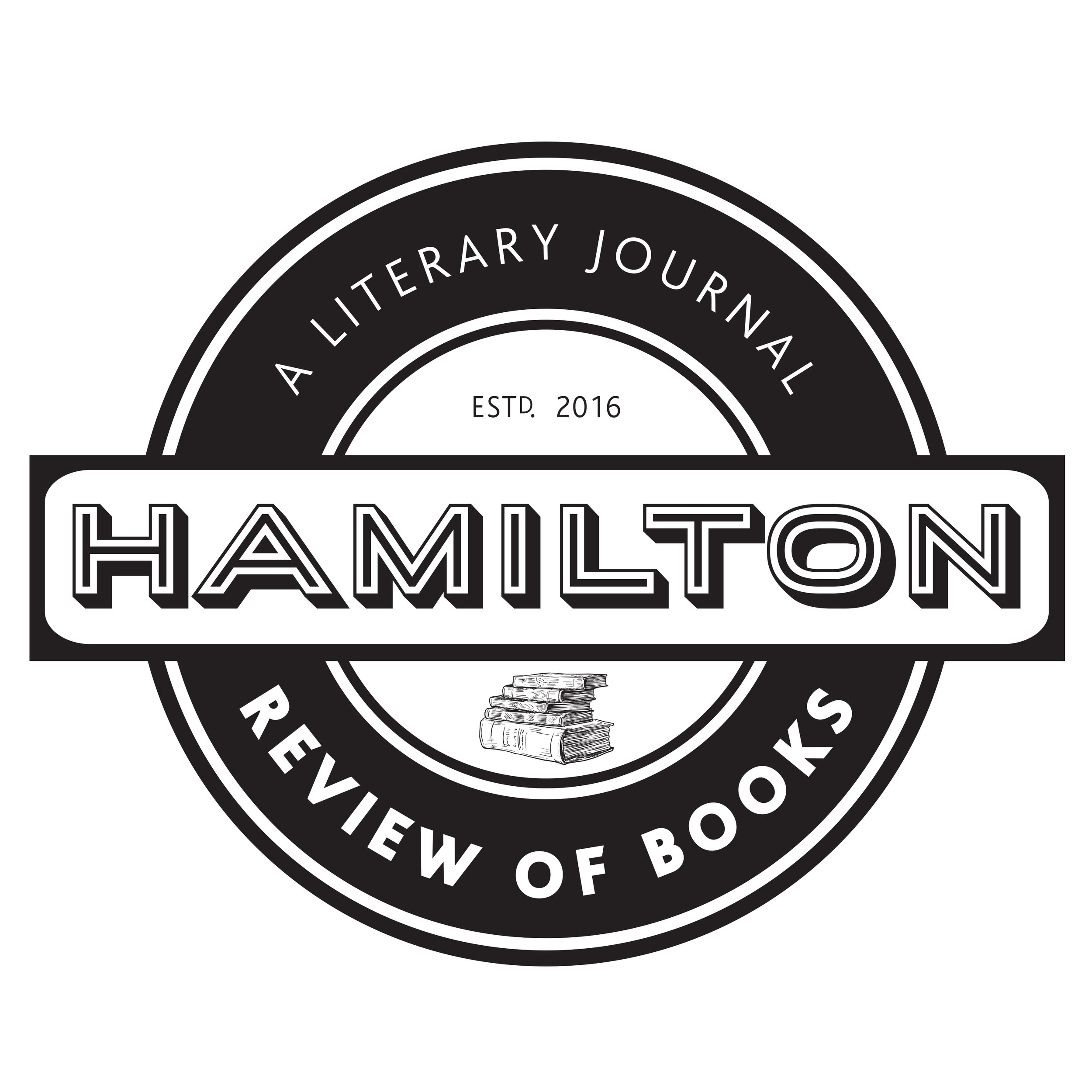Behind the Scenes with Book Reviewers
Eugenia Zuroski
on ranking books, coteries vs. collectives, and poetry chapbooks
Welcome to Behind the Scenes with Books Reviewers, a new feature, in which we hear from Canadian book reviewers about the ups and downs of reviewing, over-used words and phrases, favourite fellow reviewers, and unsung books.
This month we spoke to associate professor, editor, poet, and reviewer, Eugenia Zuroski.
Hamilton Review of Books: Madame Bovary and Lady Chatterley’s Lover resulted in obscenity trials. Lolita was called pornography. And Fifty Shades of Grey led to some serious eye rolls. Which controversial book of the past would you have liked to review when it was published?
Eugenia Zuroski: As a specialist in eighteenth-century British literature, I feel somewhat obliged to say Samuel Richardson’s Pamela or John Cleland’s Memoirs of a Woman of Pleasure. Actually, I’d prefer to have reviewed Eliza Haywood’s Fantomina: Or, Love in a Maze. Or Judy Blume’s Forever!
HRB: When you tell others that you write book reviews, is there anything you hope or dread they will say in response?
EZ: I hope that they will recommend something for me to read—something they enjoyed and imagine I would too. Which is a way of saying, I hope that they will recognize and relate to me as primarily a reader, rather than as a reviewer. I dread people asking me to “rank” books I’ve read, or to say which are the “best” and “worst.” With very few exceptions, I just don’t process the things I’ve read hierarchically that way. I can’t even do the 1–5 stars exercise. It makes me panic.
HRB: Writer and book critic Geoff Dyer has said, “If you review books by your friends, you get to the point where you’re either not a very good critic, or you end up with few friends.” Agree/disagree/say it better.
EZ: It kind of depends on who your friends are, doesn’t it?! Lately I’ve been thinking a lot about collectives, in academia, art, and activism—in fact, as a model that can build community across those boundaries. My friend and colleague Manu Chander recently distinguished the collective from the coterie by describing how the coterie looks inward at itself, while the collective is a group of people standing together but facing the world. I think if your circle of friends is a coterie, then reviewing each other becomes an insulating and exclusionary exercise. But if you are a collective, it can be a vital way of thinking together, and putting yourselves in the world alongside one another.
HRB: What reviewer working today do you most enjoy reading?
EZ: One reviewer I’ve consistently enjoyed for years is another friend and colleague, Dorian Stuber. I love reading his blog. And this is a series rather than an individual reviewer, but for academic book reviews I love the V21 Collective’s Collations Book Forums, in which they gather several people across academic ranks to read the same book; each reader shares a “reflection” on the book, and then responds to the other reflections as well. I appreciate the concept of the review as conversation.
HRB: What mis-used or over-used words and phrases make you peevish when they show up in book reviews?
EZ: This is perhaps specific to academic book reviewing, but I’m so annoyed by broad complaints about “jargon.” Specialists will use specialized languages with each other. Different communities of speakers use different syntaxes and vocabularies. You don’t have to enjoy it, but simply dismissing uses of language that don’t immediately appeal to the particular contours of your own understanding is a pretty belligerent way of proceeding in the world.
HRB: What unsung book from the past year would you like to give a shout-out to?
EZ: On a recent trip to Knife Fork Book in Toronto I picked up two chapbooks that I love: you are mistaken by Sean Wai Keung and Beasts of the Sea by Kate Sutherland. I’d like to give a general shout-out to poetry chapbooks!
Eugenia Zuroski is Associate Professor of English and Cultural Studies at McMaster University and Editor of the journal Eighteenth-Century Fiction. She has published work on eighteenth-century British literature, orientalism, and material culture, and written reviews for the Literary Review of Canada and Quill and Quire in addition to multiple academic journals. Her first chapbook of poems is forthcoming from Anstruther Press.




